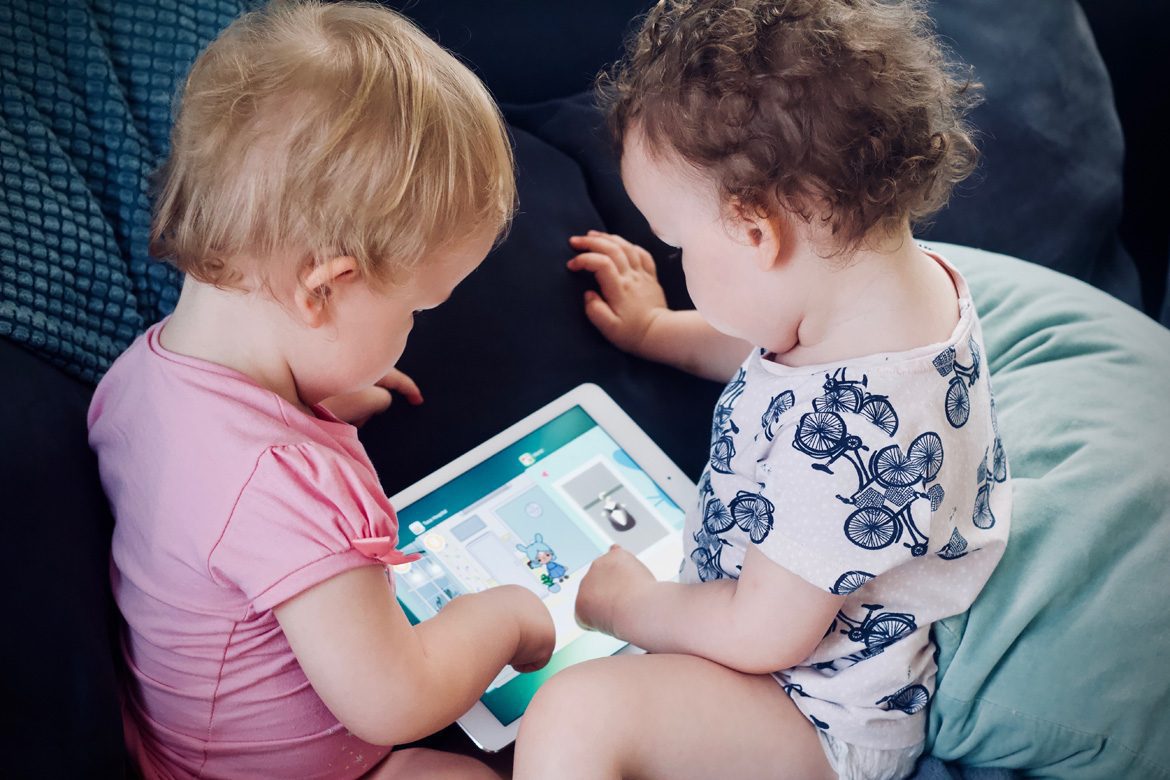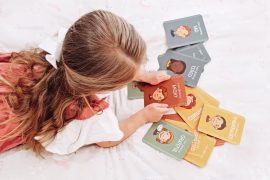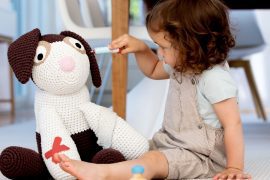By Dr Suzy McCleary (TCM)
With a significant increase in the number of children diagnosed with behavioural problems including hyperactivity, ADHD, and autism, parents are looking for solutions.
You may be wondering how you can help your child to become more focused, improve their sleep, and reduce hyperactive behaviour. Fortunately, Traditional Chinese Medicine (TCM) has some powerful tools and ancient wisdom that can help. What really made the TCM wisdom I learned important to helping parents was traveling in Tibet where this thing called “screen time” didn’t exist.
Having two very active children myself, I have seen the effects TV or any screen time can have. My little cherub goes from a fun loving, busy interactive child to a complete zombie. A bomb can go off and he would not notice. He is totally in the “TV Zone.” No eye contact. No verbal response and then agitated and having extreme tantrums when the TV or tablet is disconnected. I’m sure many parents you can relate!
According to TCM, the shen or vitality and mental/emotional health of a person can be assessed through the eyes. While in Tibet, I noticed a striking difference in the shen of local people and their children as compared to those residing in Western countries.
The Tibetan people have a sparkle in their eyes – not just a little glimmer, but a sparkle that shimmers like a bucket full of stars. The most intense eyes I have ever seen!
The lifestyle of Tibetan children vs. Western children
I found myself wondering why this could be? Was it the simplicity of their lifestyle? Or maybe their diet? Or a combination of both?
The Tibetan children that I met lived a very simple life, playing freely with their friends with only one or two simple toys like a truck or a doll. Many played games involving sticks, rocks, or whatever they could find in nature. There were no televisions, computer games, fancy bikes, or tablets yet there were plenty of laughter and giggles. Tears and tantrums were fairly uncommon.
In direct contrast to children in Western society, we as parents are often preoccupied, occupying our children with a myriad of toys, activities, stimulation, and screen time. But is this healthy?
Children are considered delicate and extremely fragile according to TCM. They tend to have an abundance of energy and when joyful, they play games where they run, jump, laugh, and get excited. However, improper dietary and lifestyle habits easily affect their delicate nature leading to issues with the shen and eventually causing illness and disease.
The importance of emotions
According to TCM, there are five emotions as part of human nature that can affect the physical health of the child. These include: anger, joy, fear, sadness and pensiveness or despair. When one of these emotions becomes particularly intense, it can become a cause of disease.
For example, it is said that the heart houses the mind (otherwise known as the shen), and regulates the emotions, consciousness, and intelligence. The shen has a tendency to be easily affected by heat. Heat is easily created through overstimulation and screen time.
If a child remains excited for too long by being continually stimulated, this excess heat transforms into fire. Its flames flare up and affect the child’s heart, causing the shen to move excessively and become scattered.
Translation: the child gets tired, quarrelsome and touchy.
In cases of excess heat or fire from overstimulation the child may:
- Act impetuously
- Find it difficult to play quietly
- Appear agitated
- Find it hard to concentrate
- Be restless
- Have difficulty in sustaining attention
- Experience disturbed sleep
- Be hyperactive
Why does this happen?
The child’s shen has become “overwhelmed” from the constant bombardment of stimuli. They’re not mentally ready to be placed in a wide variety of different situations that affect them emotionally and mentally. Like most things it is only when these things are in excess that illness or disease will occur.
If their life is filled to the brim with school, homework, sporting activities, and play dates, they do not have enough rest physically and mentally to restore their body. They start to draw on their reserves causing dark rings under their eyes or frequent colds and coughs.
Activities that can damage a child’s shen include:
- Too much time on activities that require full scale involvement
- Playing too many video and computer games
- Watching continuous hours of television
- Lack of outdoor play and physical activity
- Lack of free play
- Staying up too late
- Too many expectations that conflict with their own nature
- Lack of appropriate boundaries and discipline
- Constant pressure to get a move on
- Over consumption of processed foods leading to undernourishment
See next page to learn what you can do…











